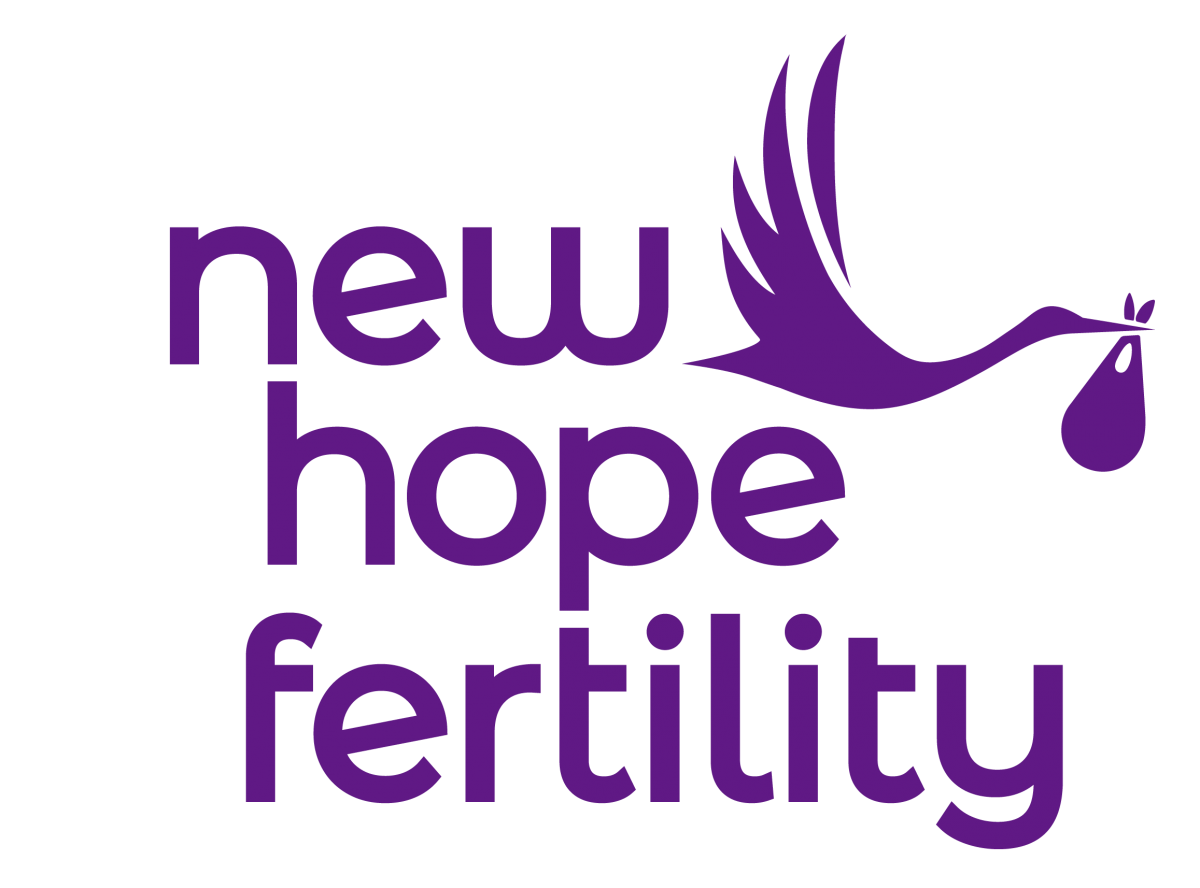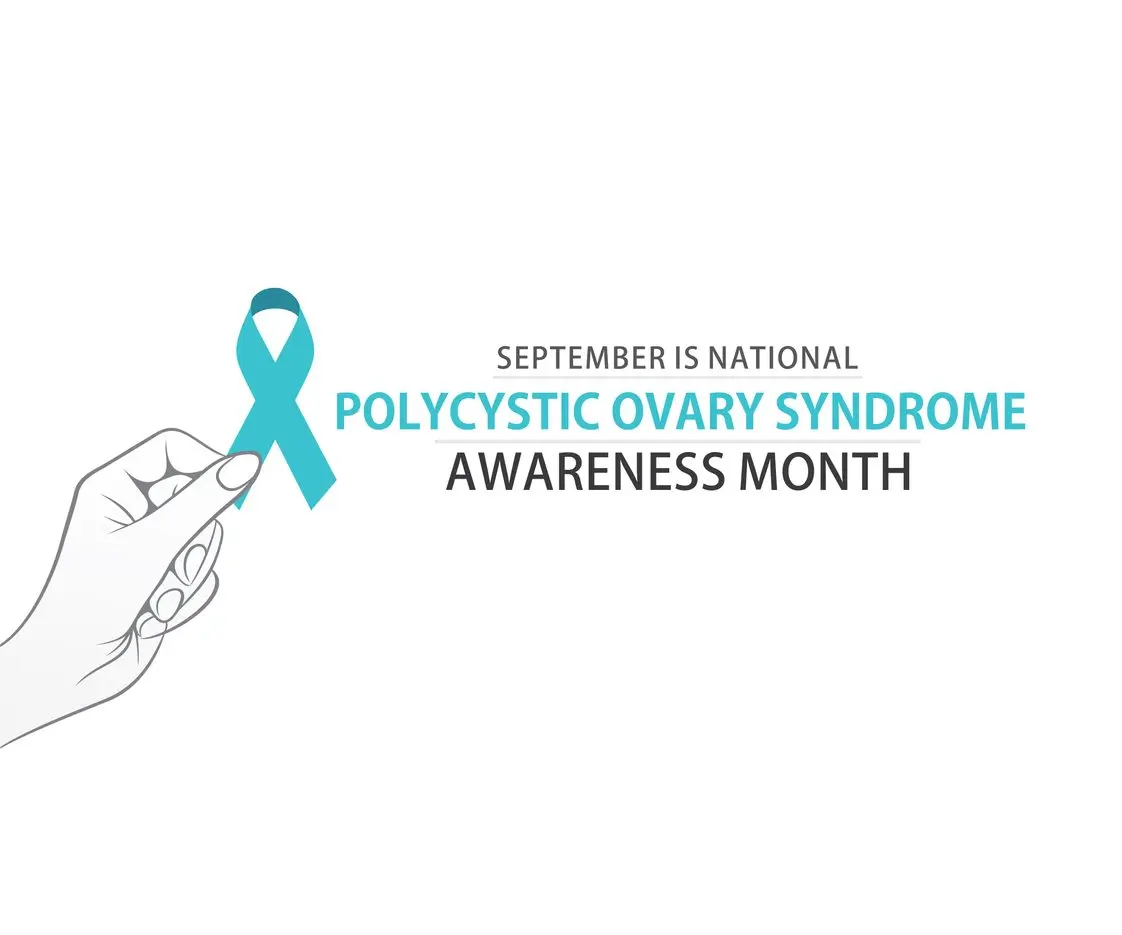Polycystic ovary syndrome (PCOS) is one of the most common endocrine disorders and impacts 1 in 10 women of childbearing age.
Despite how common this condition actually is, there are many myths and areas of confusion about PCOS. And unfortunately, many women who have the disorder go undiagnosed. To set the facts straight about PCOS and PCOS and fertility, we’ve answered six of the most commonly asked questions from patients.
PCOS Frequently Asked Questions
1. What is PCOS?
Polycystic ovary syndrome (PCOS) is a condition that affects the female endocrine system during her reproductive years. If you have PCOS, you may notice you have missed periods very often or periods that last longer than 7 days. Women with PCOS produce an excess amount of androgen, insulin, and progesterone hormones. This can cause small fluid-filled sacs to develop along the outer edge of the ovary called cysts, which can cause issues in egg production and proper ovulation.
2. What Causes PCOS?
The exact cause of PCOS is unknown. However, there are perceived factors that may play a role, such as genetics and obesity. Early diagnosis and treatment, along with weight loss, may lower the risk of long-term complications such as type 2 diabetes, heart disease, and infertility.
3. What are the first signs of PCOS?
The first signs of PCOS that you may recognize are missed, irregular, or very light periods. Other common signs and symptoms include the following:
- Large ovaries or Polycystic Ovaries
- Surplus hair growth
- Skin conditions like severe acne and skin tags
- Weight gain
4. How is PCOS diagnosed?
The Rotterdam Criteria are the most widely accepted criteria in diagnosing PCOS. For a diagnosis to be made, two out of the three features need to be present:
- Irregular or absent ovulation
- Symptoms or lab work that show high androgen levels
- Polycystic-appearing ovaries.
Sometimes confirming a diagnosis in a teen is tricky, but we can identify at-risk adolescents and help them get started on a healthier lifestyle that can preempt a lot of the unwanted symptoms of PCOS.
5. How is PCOS treated?
Despite those comments you might see online about natural cures for PCOS, there’s no scientifically proven or recognized cure for PCOS. However, symptoms caused by PCOS (whether it’s irregular bleeding, infertility, hair growth, anxiety or depression, acne, weight or metabolic concerns, etc.) can be managed through various treatments. The most common treatment for PCOS is birth control pills to regulate hormone production.
Oftentimes, trying to restore ovulation and achieve pregnancy is a major goal. For some, this can be achieved naturally, but it may require strict dietary and exercise goals. The other option if natural remedies don’t work is IVF treatment. IVF allows us to regulate hormone levels, stimulate egg production, and trigger ovulation through medication.
6. Will PCOS cause me to be infertile?
PCOS does not cause infertility in all women with the condition, so don’t stress that you will never be able to conceive naturally; it is completely possible!
Some women may require help from a fertility specialist in order to have a baby, though, depending on whether they are ovulating normally or not. Of course, when it comes to natural fertility, age is a critical factor, so success rates remain highest before you reach your mid-to-late 30s. It’s best to discuss your specific case with a fertility specialist to find out what treatment is right for you!
7. Is birth control the only treatment option?
Although oral contraceptive pills (OCPs) are the most common method of managing hormonal imbalances in PCOS, it is not the only approach to managing PCOS. OCPs do significantly help many of the most bothersome PCOS symptoms – irregular or heavy periods, acne, and hair growth which makes them worth exploring. Aside from OCPs, contraceptive rings, progesterone IUDs, or implants can also help manage symptoms. There are also non-medicated approaches like shaving/waxing, topical acne treatments, exercise for weight loss, and lifestyle changes to balance hormones.
8. Will having PCOS affect the outcome of my IVF?
PCOS patients usually have the same results as patients without PCOS. The only additional risk for PCOS patients is an increased risk of hyperstimulation as a result of the IVF process. Your doctor should use their knowledge of your condition and symptoms to closely monitor your ovarian stimulation and tailor your cycle to you.
It is common to start PCOS patients with smaller dosages of stimulation, like Mini IVF! By doing this, we can get control of potential hyperstimulation without compromising IVF success results and pregnancy rates.
Why New Hope?
New Hope Fertility Center is home to world-renowned fertility specialists, including those specialized in addressing PCOS and fertility concerns. We custom-design fertility treatments for the individual to increase the chances of a successful pregnancy. Our specialists believe in putting the patient first and being with them through every step of the fertility journey. Our team is well-versed in helping women of all ages reach their fertility goals, and we are passionate about educating and supporting our patients throughout their journey. If you want compassionate fertility care, New Hope is the right place for you. Call us at (347) 970-8479 or schedule your initial consultation today!

